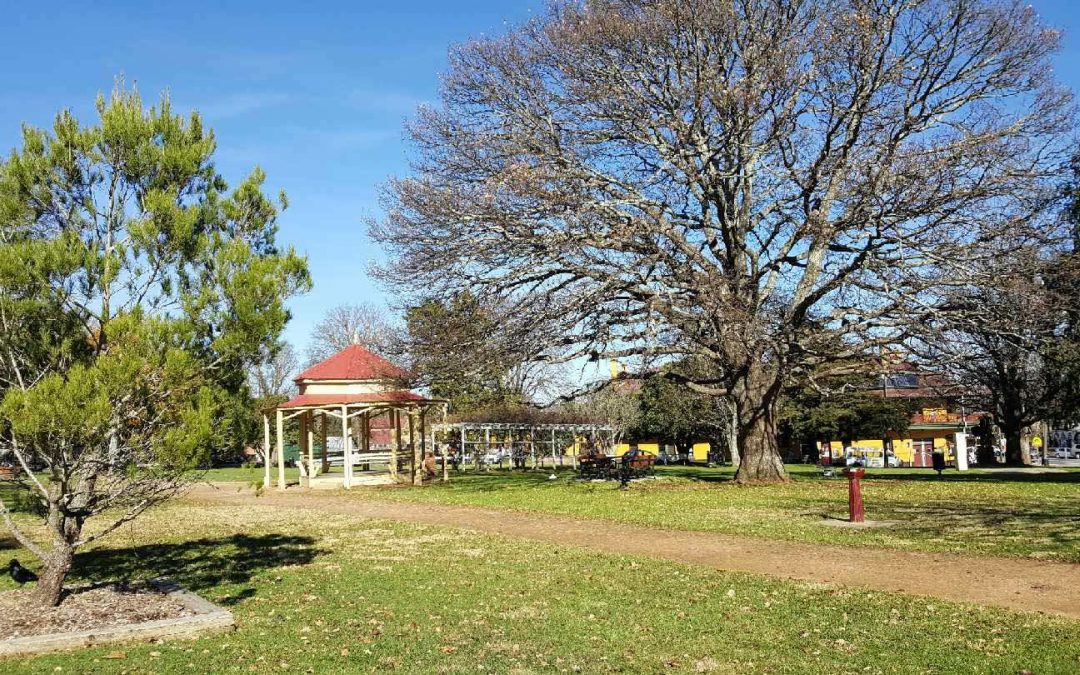The recent droughts, floods and bushfires have shown us that the effects of climate change are already hitting hard – everything from homes and livestock destroyed, businesses disrupted to the premature and low birthweight babies born last autumn.[1] The Bushfire Royal Commission estimated that the smoke during the extensive bushfires in 2019-20 caused 445 deaths.[2]
Many of us are worried about the future, with vivid memories of constantly checking Fires Near Me and keeping our evacuation kits packed and ready.
With deadlock and denial at the national and state level, it’s more important than ever to take local action. Change often begins at the local level – a council’s job – and we’re not seeing enough of it.
Greenhouse gas emissions in Queanbeyan-Palerang continue to rise despite the council’s investment in energy efficiency and renewable energy for its own facilities. With the population projected to increase and in the absence of a plan to reduce emissions from building, energy and fuel use, this trend will continue.
The future for our community will be increasingly unpleasant, disruptive and dangerous unless there is global action to reach net zero greenhouse gas emissions, by 2050 at the latest but preferably sooner. This is the target needed to minimise the risk to our community of future extreme events like the catastrophic bushfires.
As climate change respects no borders, we need to take strong action and set ambitious targets. We cannot expect others to do the heavy lifting to keep us safe if we won’t contribute according to our capacity to act. As we benefit from strong action by others, so others will benefit from the steps we take.
This policy statement focuses on three key objectives and actions to meet them. Further policies will detail specific actions for different communities.
Creating a safe climate
There is plenty of scope to reduce greenhouse emissions by investing in key areas of council operations and community and business activity. Taking strong action on climate change can deliver many social, environmental and economic benefits for our community.
Greens on QPRC will work to create a plan to reach net zero greenhouse gas emissions by 2050. The plan should include a target of at least 35% below 2005 levels by 2030, followed by targets for each of the following five years. The sooner we reach net zero emissions, the better the chance we have of avoiding dangerous climate change.
The plan will be developed in partnership between council, local communities and businesses including the farming sector. This acknowledges that each community has particular characteristics, needs, aspirations and barriers to action which should be considered in developing specific measures.
To be effective, the plan needs to include action to:
- reduce energy consumption and switch to renewable energy including by improving building standards
- reduce transport emissions, transition to electrical vehicles and electrify the council car fleet, improve public and community transport, and provide more footpaths and cycleways
- reduce waste to landfill and create a culture of re-use and repair, which offers local job opportunities
- promote and support local food production, from commercial enterprises to community gardens
- consider climate impacts and risk mitigation in all relevant council policies and decisions.
Protecting and restoring nature
Nature provides important benefits for people including clean air, productive soil, clean water, better mental health and opportunities for recreation. The land and waters hold intrinsic cultural values for First Nations people. Protecting nature also provides benefits for climate action including storing carbon and cooling effects.
The bushfire emergency of 2019-20 devastated large swathes of native vegetation and nearly three billion animals are estimated to have perished. This exacerbated the decline of Australia’s natural areas that has been underway for decades.
In Queanbeyan-Palerang, endangered ecological communities have been cleared for housing and roads, destroying habitat for many native species including endangered ones. Our rivers and creeks are under increasing pressure from human activity and a failure to curb pollution.
Greens on QPRC will work to:
- conserve existing grasslands, woodlands and forests which provide important habitat for wildlife, stabilise soils and help store carbon
- protect creeks, rivers and wetlands including in areas vulnerable to pollution and disturbance
- allocate core funding to protect and restore nature
- create more spaces and opportunities for people to appreciate nature, including greenways in rural areas, and walking and cycling trails across the district
- provide practical support to community groups, businesses and farm enterprises working to protect and restore biodiversity.
Better preparing for natural disasters
The impacts of climate change will be felt for many decades, even if we reach net zero emissions sooner rather than later. This means we need to prepare for more natural disasters including longer and more severe droughts, more damaging floods and severe bushfires. Being better prepared will help save lives, safeguard homes, businesses and farms as well as essential services and facilities like water supply, roads and communications equipment.
To be better prepared for natural disasters, Greens on QPRC will work to:
- identify safe places for all communities in the event of natural disasters
- provide regular reminders so people know what to do and where to go in an emergency
- ensure communities have adequate facilities and equipment to respond to emergencies
- prepare a plan to safeguard water supply and other essential services in the event of emergencies and during extended drought
- work with neighbouring councils and the ACT Government to improve preparation for, and coordination during, emergencies.
[1] https://www.abc.net.au/news/2020-08-06/fears-of-impact-of-bushfire-smoke-on-unborn-babies/12528180
[2] https://www.canberratimes.com.au/story/6769774/bushfire-smoke-caused-445-deaths-royal-commission-hears/

